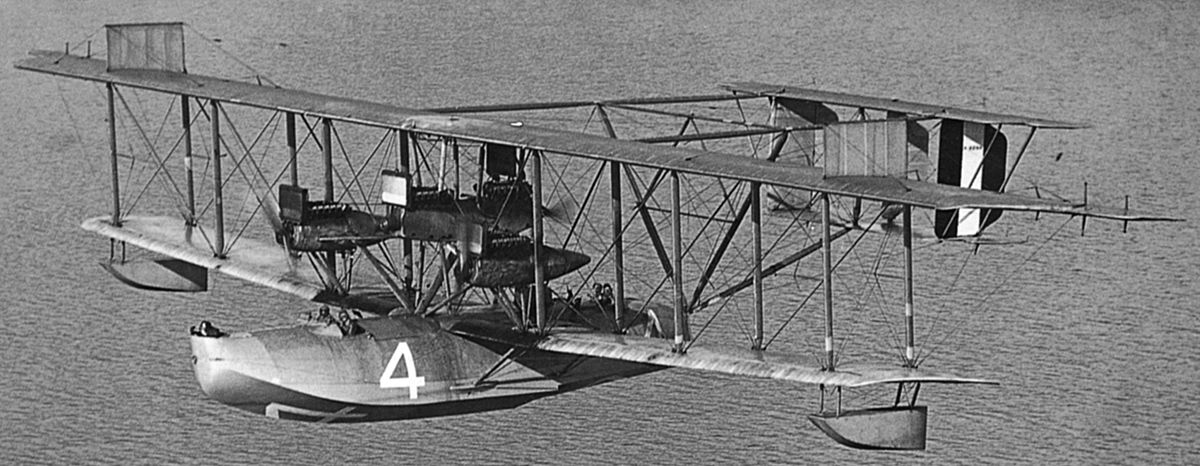Try this at Home : "Alexa: who was first to cross the Atlantic in an aircraft?".
The populist answer of Charles Lindberg is given.
This is ironic that, although Lindberg was quite arrogant on some matters, publicly he was always at pains to point out that his was the first solo crossing and Alcock and Brown were first to cross the Atlantic in an aircraft.
This is the danger of misconception propagated by AI of which Alexa is a subset... I told Alex the answer was wrong but I doubt she will correct herself...
Let me try Chat GPT...
The populist answer of Charles Lindberg is given.
This is ironic that, although Lindberg was quite arrogant on some matters, publicly he was always at pains to point out that his was the first solo crossing and Alcock and Brown were first to cross the Atlantic in an aircraft.
This is the danger of misconception propagated by AI of which Alexa is a subset... I told Alex the answer was wrong but I doubt she will correct herself...
Let me try Chat GPT...

